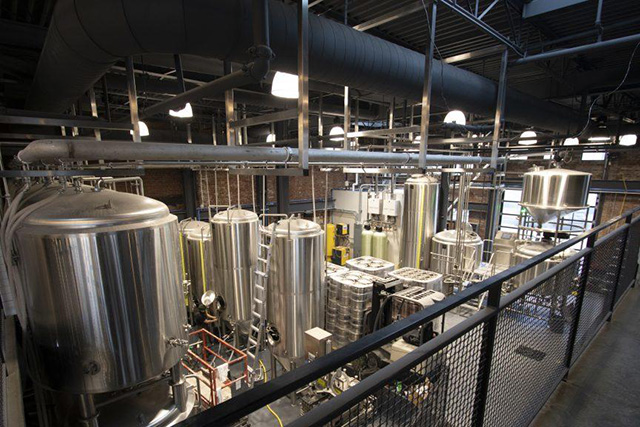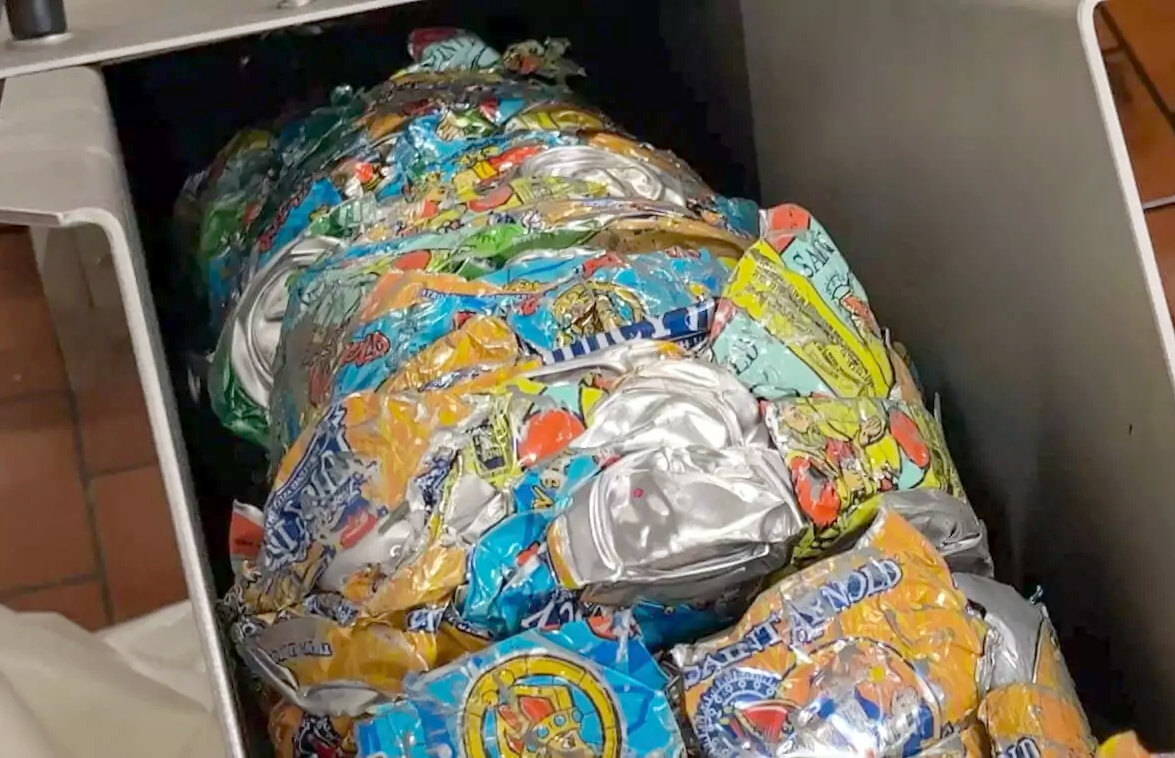
With nearly 7,000 existing craft breweries in the US and another 3,000-plus in planning (according to the Brewers Association), the craft beer industry is a fast-growing market. As with other food and beverage industries, compressed air is often vital to production. From smaller craft breweries to large international companies with multiple facilities, each system needs compressed air. The questions are how much and how do their needs differ?
Homebrewers typically have minimal, if any, compressed air needs, and small commercial breweries and brewpubs can usually get away with a small light-duty piston compressor. These range widely in quality and price from those found at local hardware or big box stores to those commercial or light industrial-grade piston compressors sold by industrial distributors and catalogs. The relatively low air demand makes the piston a cost-effective choice for these shops. Those investing in keg washers can add dryers and filters to increase reliability and reduce maintenance.
At some point, however, it makes sense to take the next step up to the rotary compressor. The additional air requirements of pneumatic canning or bottling equipment, palletizers, and de-palletizers, multiple keg-washers, etc. will at some point exceed the effective air delivery of piston units, which have limited duty cycles. This is when the rotary screw compressor becomes a better long term fit. Rotaries present several advantages, including better energy efficiency. Since compressed air is one of the biggest energy users in the facility, investing in energy efficient compressors reduces power bills noticeably, especially in areas with higher electricity costs.
Higher duty cycles and lower operating temperatures offer more reliable operation and better quality air, which is vital to reducing maintenance and increasing up time on the pneumatic equipment. Additionally, much lower noise and vibration make for a better working environment and a more patron-friendly taproom. The time and costs in building a compressor room to hide noise usually outweighs the cost of the rotary.
Beyond the compressor, having the right combination of dryer, filters and drains to remove moisture, particulate and hydrocarbons are critical to both production equipment and product quality. Contaminants may cause downtime through equipment malfunction and excessive maintenance. If untreated compressed air comes in direct or indirect contact with ingredients, product quality and safety may be compromised. Shorter equipment life, additional maintenance hours, downtime and scrapped ingredients are all impacted by compressed air system design.
Regardless of how big the operation is, everyone wants reliable equipment to provide air where and when needed. But which size and type of compressor, and how much air treatment you need depends on a number of considerations. For starters, how critical is air to your operation, how much air do you need, and how often do you need it? How much are your power costs, and how much does air quality impact the operation of your tools and equipment? Answer these and other questions before buying.
More information here.
Photo courtesy Cinderlands Beer Co.




Be the first to comment